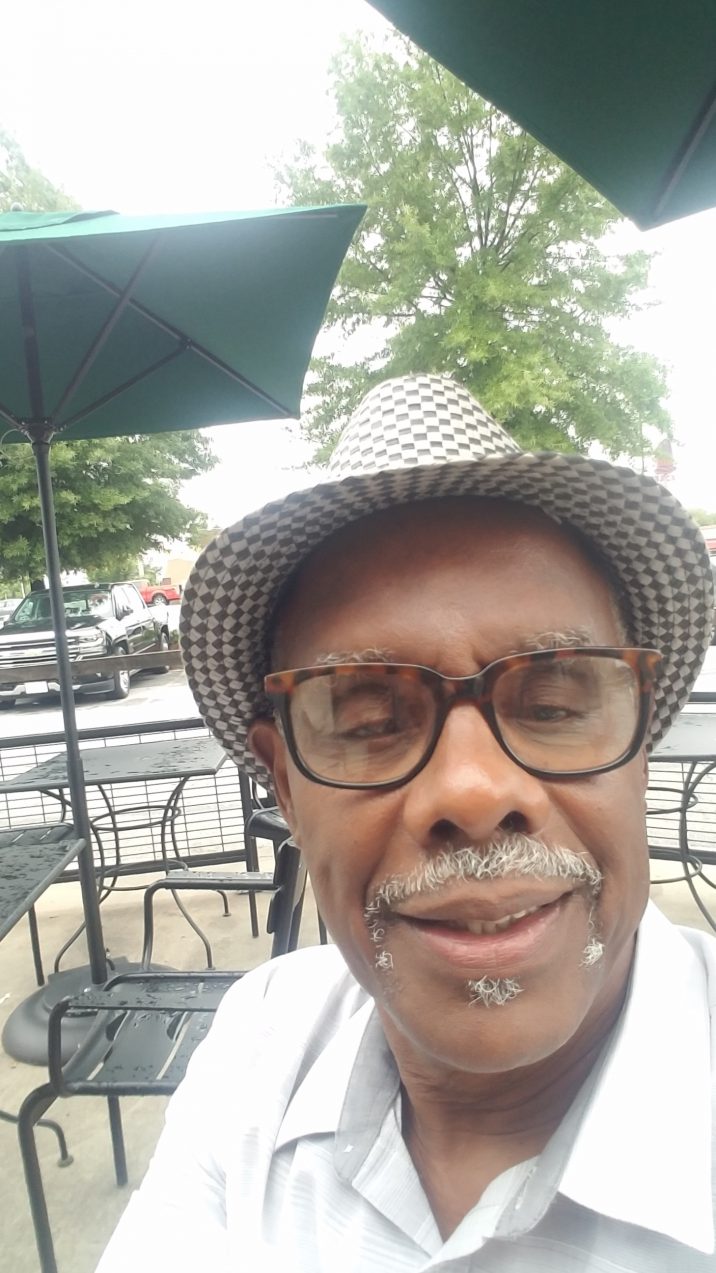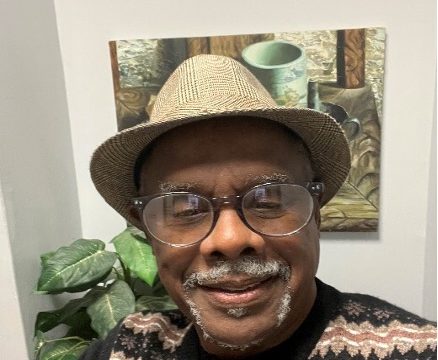
“For goodness’s sake Howard, there you go talking about race again!”
Yes, I hear that sentiment, or variations, from time to time. But the truth is that race continues to bring itself up, so it needs no heavy lifting from me. I mean, you probably watched the recent news, in particular the Duchess of Sussex’s Meghan Markle’s bombshell interview with Oprah during which she talked about experiencing racism in the British royal family.
And in another painful reminder of year 2020 (COVID-19, arguably the most memorable), the high profile killing of George Floyd and other cases forced a national reckoning of racism in America.
So here we go again, year 2021, and “race” – specifically race in a Black-White context – has reared its ugly head and eased its way back into dinner table conversations.
Now here’s the truth – push back if you disagree – those conversations are taking place “among our own,” seldom in the presence of “those others.” And that, indeed, is at the core of the problem.
Another part of the problem is, frankly, that many folks are just “race weary,” frustrated that we here in America – and Britain too! – just cannot seem to get this race thing fixed. I mean many folks just don’t know how to talk about race and live in fear of “saying it wrong,” or “playing the race card.” On the part of African Americans, many are just exhausted having to answer questions as the presumed “authority” on race or having to withhold their rage when encountering racism or coming across as “the angry Black woman/man.”
Thus, we “kick the can down the road” and remain silent until the next Meghan Markle or George Floyd comes along and restart the unproductive cycle of silence.
As I’ve said many times before, by not talking about race we are in fact talking about race. Let that sink in for a moment. The old saying, “Our silence speaks volumes” is an applicable truism here. Astute people are smart enough to notice what’s talked about and what’s not talked about, and often wonder why.
Race permeates our discussions about everything from crime and punishment, poverty, education, voting in elections and in employment.
Now some of you may remember a speech back in 2009 by Eric Holder, the nation’s first African American attorney general. In it, he characterized the United States as a “nation of cowards” when it comes to discussing our tortured racial history.
Nobel Prize winning columnist Leonard Pitts wrote afterwards that we indeed need to talk about race, but we’re bad at it. “Race is like a four-car pileup on the freeway: it simultaneously attracts and repel us.”
He continues, “Because of this, we can’t not talk about it. Yet at the same time, we can’t talk about it either. At least not in any sort of honest, intelligent or sustained way, because doing so requires cross-cultural trust we do not have and takes us to places we prefer not to go. So we talk about race, but we don’t. More often we yell about race. Or talk around race.”
So, what do we do?
Okay, let’s assume that race, thanks to Meghan Markle, George Floyd and other high-profile cases, has piqued your interest in talking about the issue in a cross racial context. Great. But before taking that leap, recall a great relationship you currently have, or had, with a person of another race when race was rarely discussed. What made that relationship so rewarding? Race aside, how did the two of you manage thorny issues? How could that experience translate to a productive discussion about race?
Now here is a list of questions you may want to consider, self-reflective ones to ask from your racial background and frame of reference:
- What would you want to accomplish in the discussion?
- Who would you prefer to invite to your initial meeting?
- Rather than starting cold, is there a possible “homework assignment” (book, this column, etc.) for both of you to complete in advance to frame the discussion?
- What are some of the potential unspoken fears and concerns on the part of participants in the conversation?
- In the startup of the discussion, how best can you convincingly make the case that becoming proficient in dealing with race is in both of your vested self-interest?
- What more likely than not would cause you or the other person to retreat into silence during the dialogue?
- How do you make it safe for you both to not worry about asking the “wrong” question?
- If you deactivate the “booby traps” of finger-pointing, blame, guilt and other hot buttons from the cross racial dialogue, what are the chances for breakthroughs and new possibilities?
- Should retreats into silence be allowed in your conversation? If yes, what are the risks and consequences of such an allowance?
- What are some potential signs that the conversation is flowing along productively? Unproductively?
11. What would some potential follow up actions look like, and what could you both do during the interim?
Reread and reflect on the preceding questions. What new ones need to be added to make your conversation more meaningful? Which one(s), if any, need to be modified to address your particular areas of interest?
Although easier said than done, try your best to put yourself in the other’s shoes, to understand his/her worldview, the experiences in life that may have shaped their views on race.
“We live in an era where the bad people among us are feeling emboldened by the silence and fatigue of the good ones,” said Leonard Pitts. “If good people do not lead this discussion, the bad ones happily will.”
So consider starting by identifying and inviting a person of another race to talk about race. And for anyone out there in need of a person of another race – particularly an African American – to dialogue about race, I’d be happy to fill that role. Most days you can find me at the Vine Café and Market in downtown Douglasville.
Seriously!
© Terry Howard is an award-winning writer, a contributing writer with the Chattanooga News Chronicle, The American Diversity Report, The Atlanta Business Journal, The BlackMarket.com, co-founder of the “26 Tiny Paint Brushes” writers’ guild, and recipient of the 2019 Dr. Martin Luther King Leadership Award. He can be reached at wwhoward3@gmail.com


